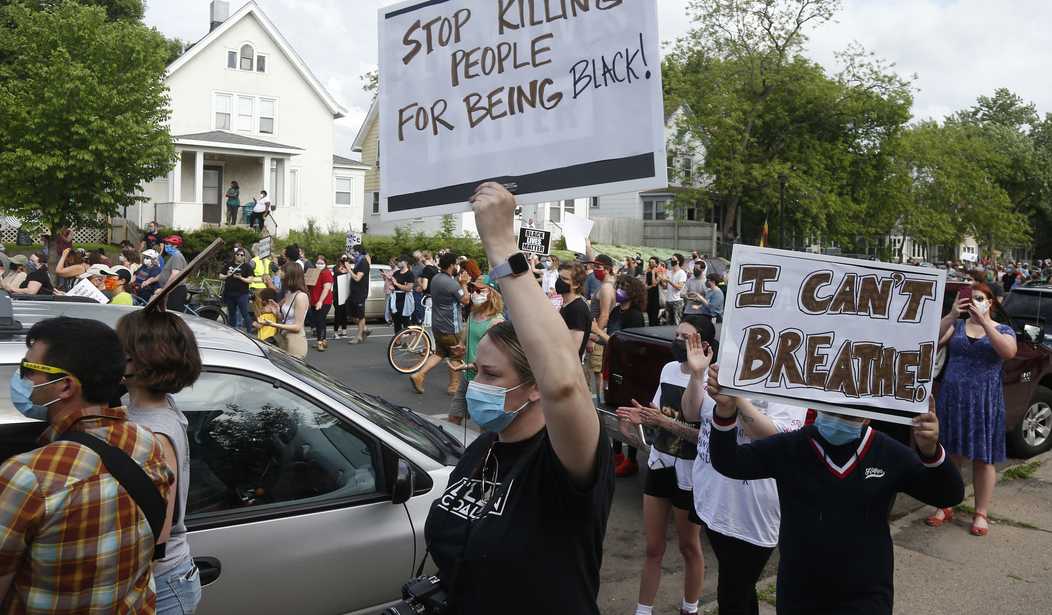The death of George Floyd has sparked riots throughout Minneapolis. Yet again, we have the media reporting on the case of a black man dying while dealing with the police. Regardless of the validity of any claims, such a moment is bound to spark a backlash.
Rioting in Minneapolis was kind of the inevitable result of what happened, at least in this day and age.
However, I couldn’t help but ponder that backlash as I read this report:
At about 3:30 a.m., some two hours after a drive-by shooting on a quiet, residential street in the City of Tonawanda, police working the crime scene noticed a man on the other side of the street.
“Whatcha doin’?” a police officer asked him.
The man muttered something about needing to go upstairs to get something or check on a dog, said Police Capt. Fred Foels.
After the man went upstairs to his upper-floor apartment, he then came running down the stairs, firing repeatedly at the police outside with a high-powered rifle, Foels said.
“He came down the stairs with guns blazing,” Foels said
Now, the suspect turned out to also be a suspect in the drive-by, but my mind went to something else; something else completely.
You see, people often view police as a monolithic group. They forget that local police departments are different agencies with different leaderships and even, to some degree, different cultures. The police department in Minneapolis isn’t necessarily the same as the police department in Witchita, Kansas.
Sure, there’s some overlap in tactics and techniques, but that’s not really any different than anyone else in a similar line of work, now is it?
However, many people don’t see it that way. They see what happened to George Floyd and can’t help but decide that all cops are bad, that the police are just out there killing people.
And, unfortunately, some people want to return the favor.
That’s what went through my head when I read the above report. I couldn’t help but wonder if it was really a case of the suspect having committed the drive-by or whether it was a case of a man seeing the police and deciding it was a good day to kill cops.
Of course, the police on the scene know far better than I do about those specifics, so my speculation isn’t even particularly informed speculation.
Yet the problem, at least as I see it, remains. Once again, people are losing their minds over a white cop allegedly killing a black man.
Well, let’s say I accept that this is an unjustified killing. From what I can see, it doesn’t look good, but I know better than to just accept the media reports at face value. But, for the case of argument, let’s say it actually is unjustified.
That doesn’t mean it’s racially motivated. That same thing may well have happened to a white suspect. If that had been the case, would anyone have cared? Would it even have mattered?
It doesn’t matter, though. It wasn’t a white man. It was a black man and, as a result, the public has decided it was racially motivated.
Now, we have more outrage directed at law enforcement. That means we may well start to see the same things we saw last time tensions heightened.
In case you forgot, a number of police officers were shot in ambush-style attacks, often out of the blue. The most famous example was the Dallas Police Shooting, but it was far from the only example.
With all of this going on, if my mind starts wondering about violence against police, how many others will? More importantly, how many minds will start thinking that, but from the position of, “That sounds like a hell of an idea” and begin planning such attacks?
Maybe I’m wrong. This is being responded to quickly and the public will be satisfied. Maybe they’ll be satisfied with a bit of rioting. Who knows?
But if you’re a police officer, please keep your head on a swivel so you can come home safely.








